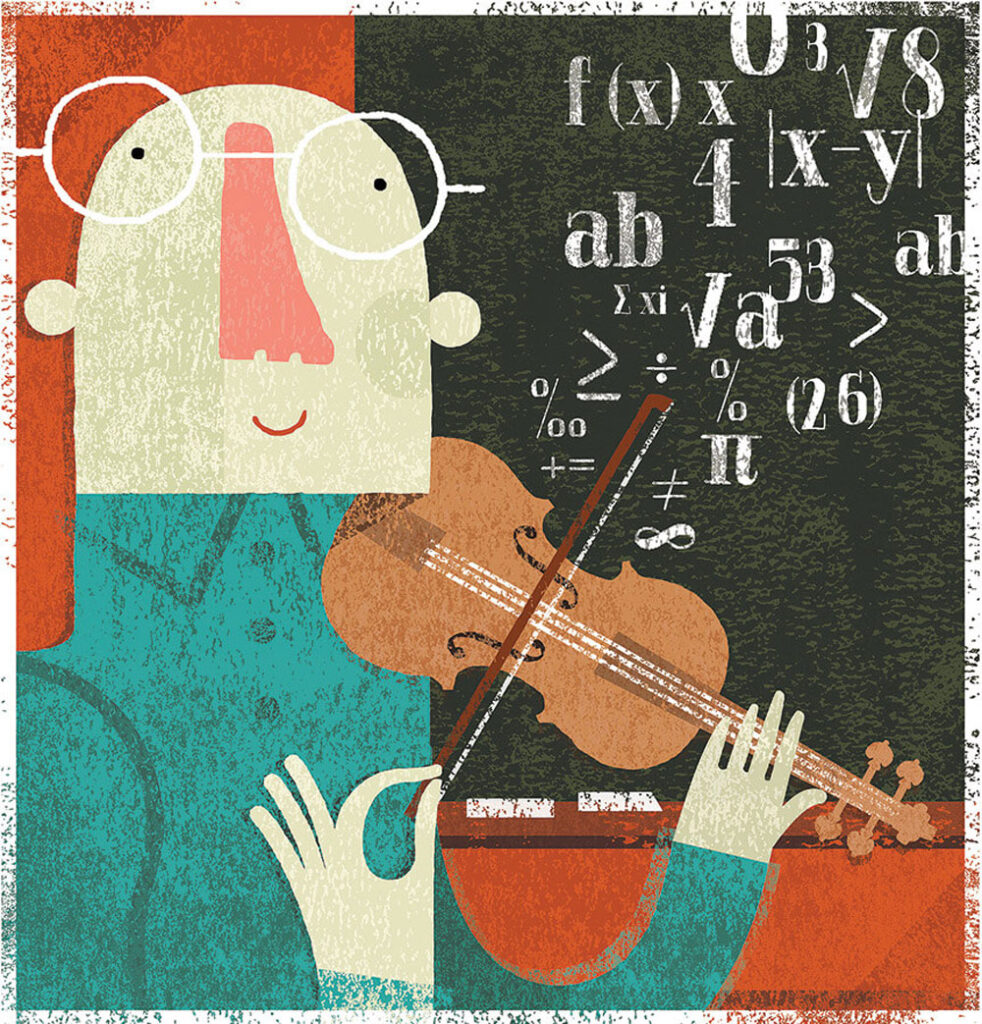Yes! Learning music can have a positive impact on a child’s math skills in various ways. Here are five points that highlight this connection:
- Rhythmic Understanding: Music involves patterns of rhythm and timing, which can help children develop a strong sense of timing and counting. This rhythmic understanding can easily be transferred to math, where concepts like multiplication, division, and fractions rely on a solid grasp of timing and counting.
- Pattern Recognition: Both music and math are built on patterns. When children learn to recognize patterns in melodies, chords, or rhythms, they develop a mental framework that is useful in math. Recognizing patterns in numbers and equations becomes more intuitive for kids who have experience with pattern recognition through music.
- Spatial Reasoning: Learning to play an instrument or read sheet music can enhance a child’s spatial reasoning abilities. Spatial reasoning is also crucial in math, especially in subjects like geometry and algebra, where visualizing shapes and equations is essential.
- Problem-Solving Skills: Music often requires creative problem-solving. When children encounter challenges while learning music, such as understanding complex rhythms or figuring out how to play a challenging passage, they develop problem-solving skills. These skills can be applied to mathematical problem-solving and critical thinking.
- Enhanced Memory and Concentration: Learning to play an instrument or memorizing pieces of music can improve a child’s memory and concentration. These cognitive skills are beneficial in math, where students need to remember and apply mathematical rules and concepts.
Incorporating music into a child’s education can not only make learning math more enjoyable but also help them develop fundamental cognitive skills that are applicable in various areas of their academic and personal development.

